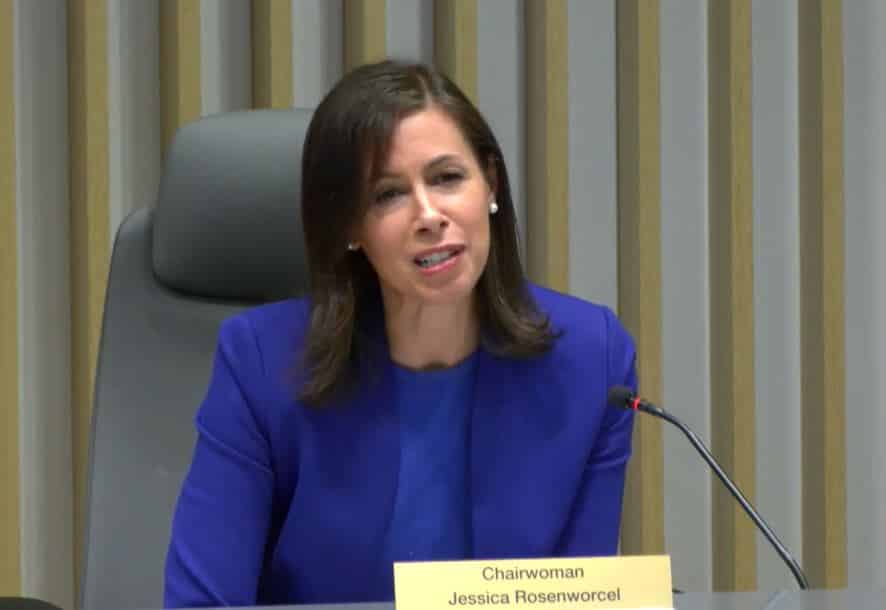Using International Partnerships to Combat Robocalls

WASHINGTON — International partnerships — sharing technology and education — are vital for cracking down on robocalls, according to a new report from the North American Numbering Council, an FCC advisory committee.
A U.S.-Canada partnership to implement cross-border caller ID verification is already leading the way, explained Jacqueline Wohlgemuth, a member of the council who represents the Alliance for Telecommunications Industry Solutions, during the council’s meeting Tuesday. It was the third and final report issued on steps to tackle robocalls issued by the group of telecommunications professionals assisting the commission.
The Federal Communications Commission has already implemented some of the council’s recommendations, including implementing STIR/SHAKEN caller ID technology.
Using STIR/SHAKEN requires that phone companies verify the caller’s identity through an accompanying “signature” to stop scammers from masking their numbers, also known as spoofing.
In December the commission required smaller phone carriers to implement the technology. In May it started requiring “gateway providers” — the phone companies that help connect phone calls from outside of the United States to residents — to use the technology as well.
Now that the United States is requiring stricter caller ID technology, it must be required for three specific kinds of calls coming from outside the country — calls that originate outside the U.S., calls that have a U.S. number in the caller ID but originate outside of the country and calls from people using U.S. cell phones in foreign countries to call someone stateside, Wohlgemuth said.
“Because the benefits only ring true if all calls are authenticated by the originating service provider,” she said.
The United States and Canada are working to expand the reach of the technology through a partnership that allows easier authentication, Wohlgemuth said. She suggested that become like a roadmap for corporations with other countries to seamlessly implement the technology and crack down harder on the spam callers.
France and Ireland are also in various stages of implementing the caller ID technology and the United States should look to partner with those countries as well, she said.
Also, the United States should look to share technology and partner with countries like India and Pakistan, where a majority of spam robocalls targeting Americans originate, Wohlgemuth said.
This is all part of the commission’s broad strategy to combat these calls, which make up the majority of consumer complaints to the commission. In May there had already been 43,800 robocall complaints made to the commission, Commissioner Geoffrey Starks said at the commission’s monthly meeting.
Madeline can be reached at [email protected] and @MadelineHughes























